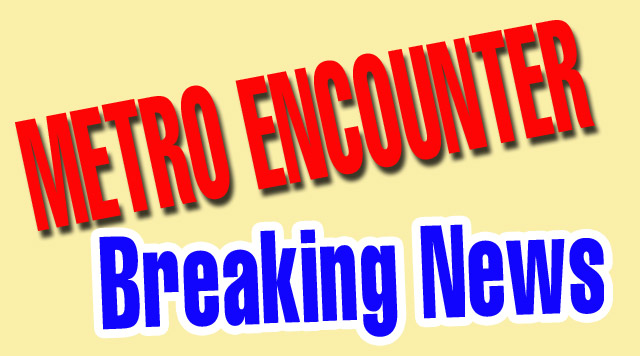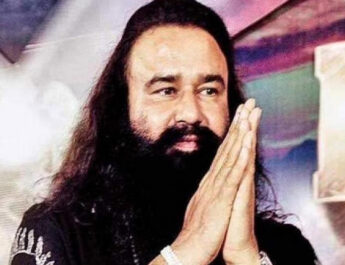In the past, the matter was mentioned on a number of occasions seeking an early listing but it could not be taken up. The petitions pending since 2019 have not been taken up for hearing since March 2020.
“I will take a call on it,” Chief Justice D.Y. Chandrachud, heading a bench, had said when on the last occasion on February 17, 2023, senior advocate Raju Ramachandran mentioned the matter for an urgent listing.
s
A five-judge bench headed by Justice N.V. Ramana (later became CJI and since retired) and comprising Justices Sanjay Kishan Kaul, R. Subhash Reddy (since retired), B.R.Gavai and Surya Kant had on March 2, 2020, declined the plea to refer the abrogation of Article 370 and bifurcation of the erstwhile state into two Union territories to a larger 7-judge bench.
A five-judge constitution bench had on March 2, 2020, declined to refer the matter to a larger 7-judge bench, noting that there was no conflict in the position taken by earlier two benches of the strength of five-judges each on the interpretation of Article 370 of the constitution – now abrogated.
The top court had then said that the schedule for the hearing of the main matter- challenging the abrogation of Article 370 – would depend on the hearing of the Sabarimala and other matters relating to gender justice and essential religious practices by a 9-judge bench.
A number of petitions are pending before the top court challenging the scrapping of Article 370 of the constitution and bifurcating the state into two Union Territories.
On August 5, 2019, the Central government announced the revocation of the special status of Jammu and Kashmir granted under Article 370 and split the region into two Union territories.
###





